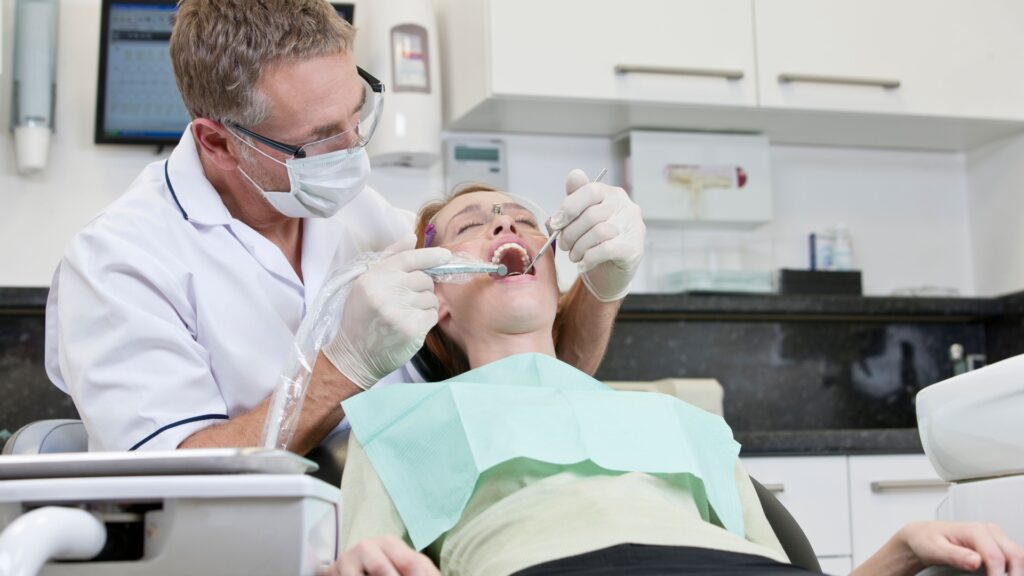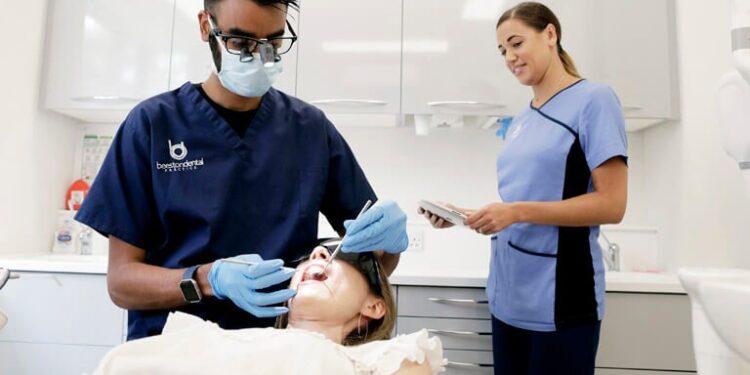Booking an NHS dental appointment in the UK may seem straightforward, but long waiting lists, local shortages, and system navigation can make the process frustrating. Whether you’re a new patient or seeking follow-up care, understanding the correct steps will help you secure treatment more efficiently. This guide walks you through the booking process, eligibility, costs, and answers to commonly asked questions.
Understanding NHS Dental Services
What Are NHS Dental Services?
NHS dental services provide necessary oral health care at subsidized rates. These services include:
- Examinations and diagnoses
- Fillings, crowns, bridges
- Dentures
- Emergency care
- Preventative treatments
Who Can Use NHS Dental Services?
NHS dental care is available to all UK residents. However, priority is usually given to:
- Children under 18 (or under 19 in full-time education)
- Pregnant or nursing mothers
- Patients receiving certain benefits
Steps to Book an NHS Dentist Appointment
Step 1: Find a Local NHS Dentist
Use the official NHS website to search for local practices accepting NHS patients:
You can filter by location, distance, and availability. Note that many dentists may not currently accept new NHS patients due to high demand.
Step 2: Contact the Dental Practice
Once you find a practice:
- Call directly and ask if they are accepting new NHS patients.
- Inquire about wait times and availability.
- Ask to be added to the waiting list if no appointments are currently open.

Step 3: Register and Attend Your Appointment
Unlike with GPs, you don’t need to register permanently with a dentist. You can book with any NHS dentist offering appointments.
- Bring ID and NHS number (if available).
- Arrive early, especially for your first appointment.
- Ask for a treatment plan and band charges.
Challenges in Booking NHS Dental Appointments
Limited Availability
Many practices are overwhelmed, leading to long waiting lists or service refusals.
Urban vs Rural Disparity
City areas may have more options but higher demand. Rural areas often have limited access altogether.
Emergency Appointments
For urgent dental issues:
- Contact your local dentist
- Call NHS 111 if no dentists are available
- Visit an urgent treatment center (if advised)
Tips for Easier NHS Booking
- Be flexible with dates/times
- Try neighboring towns or cities
- Consider mixed practices (NHS & private)
- Get added to multiple waiting lists
- Book follow-ups early to avoid gaps
FAQs: NHS Dentist Appointment Booking
Q1: Do I need to register with an NHS dentist like I do with a GP?
No. You don’t need to register permanently. You can attend any practice offering NHS services.
Q2: What if no NHS dentists near me are accepting new patients?
Try expanding your search radius, checking back regularly, or contacting NHS 111 for assistance with urgent needs.
Q3: Can I book NHS dental appointments online?
Some dental practices allow online booking, but many still require you to call. Always check the practice’s website or NHS directory listing.
Q4: How long is the typical waiting time?
It varies greatly—anywhere from a few days to several months, depending on your area and the urgency of treatment.
Q5: Is emergency dental care free on the NHS?
Urgent care may fall under Band 1 or 2, depending on the treatment. NHS 111 can guide you to emergency providers.
Conclusion
Booking an NHS dental appointment in the UK can be a challenge due to high demand and staff shortages, but it’s not impossible. Using official resources, staying persistent, and understanding the system can make the process smoother. Remember to act early, stay flexible, and seek help through NHS 111 when facing urgent issues.
















